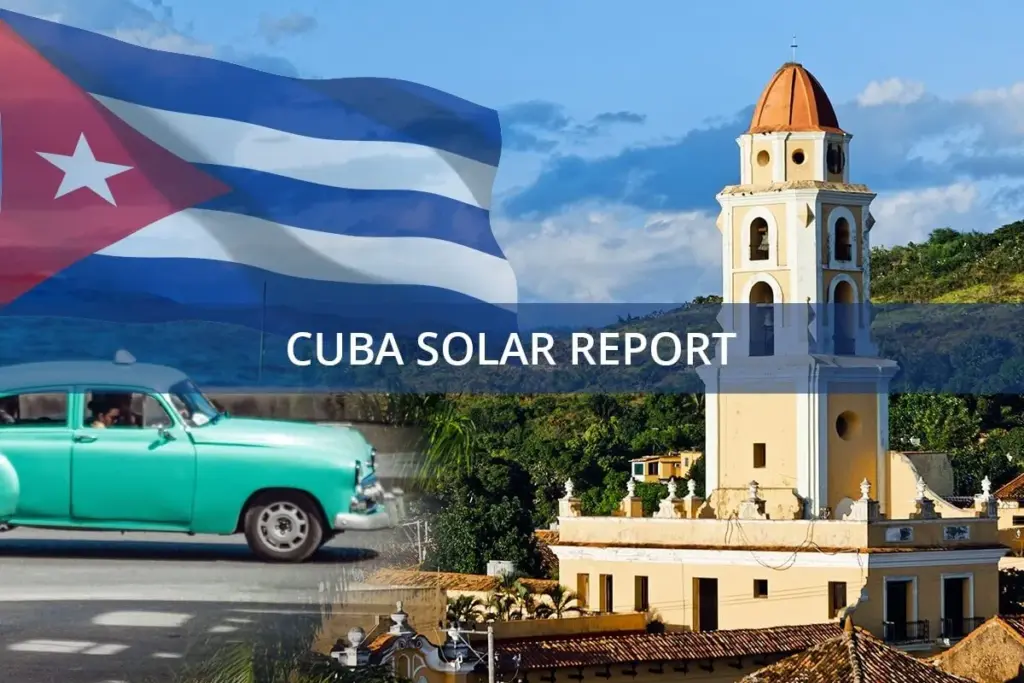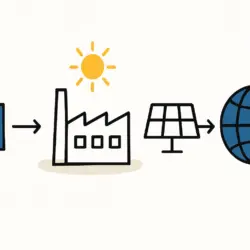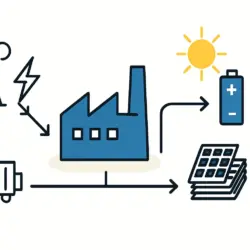In a move to address a severe energy crisis, the Cuban government is adding 2 GW of solar power to its national grid. Minister of Energy Vicente de la O Levy stated that 92 ground-mounted photovoltaic plants across the island will generate the anticipated 2 GW of solar capacity.
Cuba’s Present Power Situation
Cuba is plagued by frequent power outages, leaving many areas without electricity for up to 14 hours a day. The situation has grown so severe that, as the BBC reports, hundreds of people in Santiago, Cuba’s second-largest city, recently protested the ongoing power outages and food shortages.
Tensions have increased dramatically in recent weeks as power generators struggle to get enough fuel, leaving homes without the electricity needed to prevent food from spoiling in refrigerators and freezers.
Government’s Role in the Project
To address the power shortage, the government has declared its intention to build the solar projects. At a recent press conference, the energy minister announced a plan to add 2 GW of installed capacity by 2028 by constructing these 92 solar projects.
According to the minister, foundation work for the first projects has already begun at designated sites. He assured that resources for completion and assembly are in place, awaiting delivery “once they arrive in the country.”
While he did not provide further details on the initiatives, the minister expressed hope that they would help the nation recover from its previous failure to meet a 2030 goal of 24% renewable energy penetration.
Opportunities for Solar Power Investors
This new initiative follows an announcement last year inviting solar power developers to participate in the selection process for a 60 MW photovoltaic project under the International Solar Alliance Programme.
Cuba’s emerging domestic renewable energy industry already produces goods like solar panels, wind and hydro turbines, poles, and boilers for small bioelectric plants. By incorporating these homegrown products into new projects, the country aims to lower import costs and boost its economy.
Promoting foreign investment in renewable energy is a high priority, and the Cuban government has recently relaxed regulations to encourage it. For example, wind and solar farms can now be fully owned by foreign investors.
Additionally, foreign corporations with 100% ownership of sustainable energy projects are exempt from profit taxes for eight years. After that period, they will pay a reduced profit tax rate of 20%.



